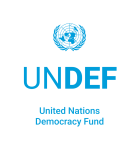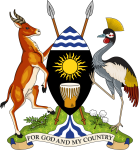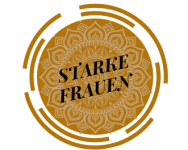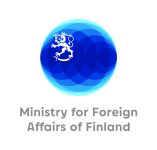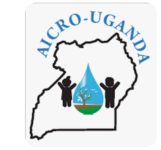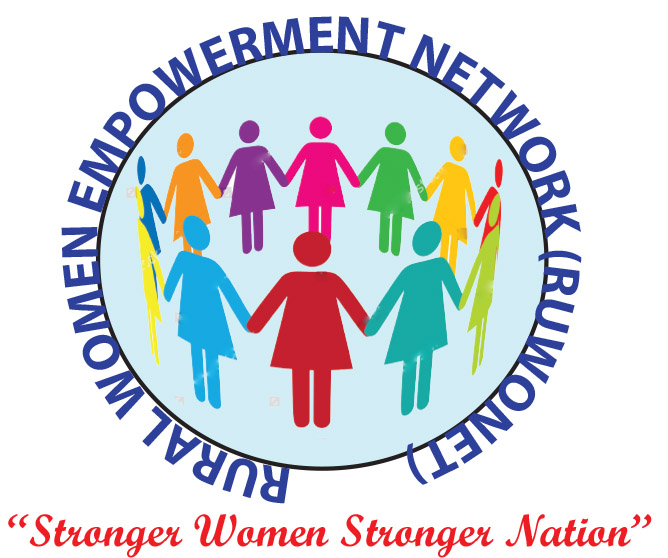Rural Women Empowerment Network
Our Programs
Through our programs, we try to reach our goals of reaching a world where every woman has choice, independence and power to
protect the Environment, earn a living, have full access to SRHR, and participate politically.
We focus on Environment Protection and fighting for Climate Justice, Women Economic Empowerment, Women Health, Sexual and Reproductive Health Rights (SRHR) for Women, Women Political Participation, and Combating Violence against Women.
We are able to reach these goals with the help of our partners. Scroll down to see more detailed explanations of each of our areas of focus.
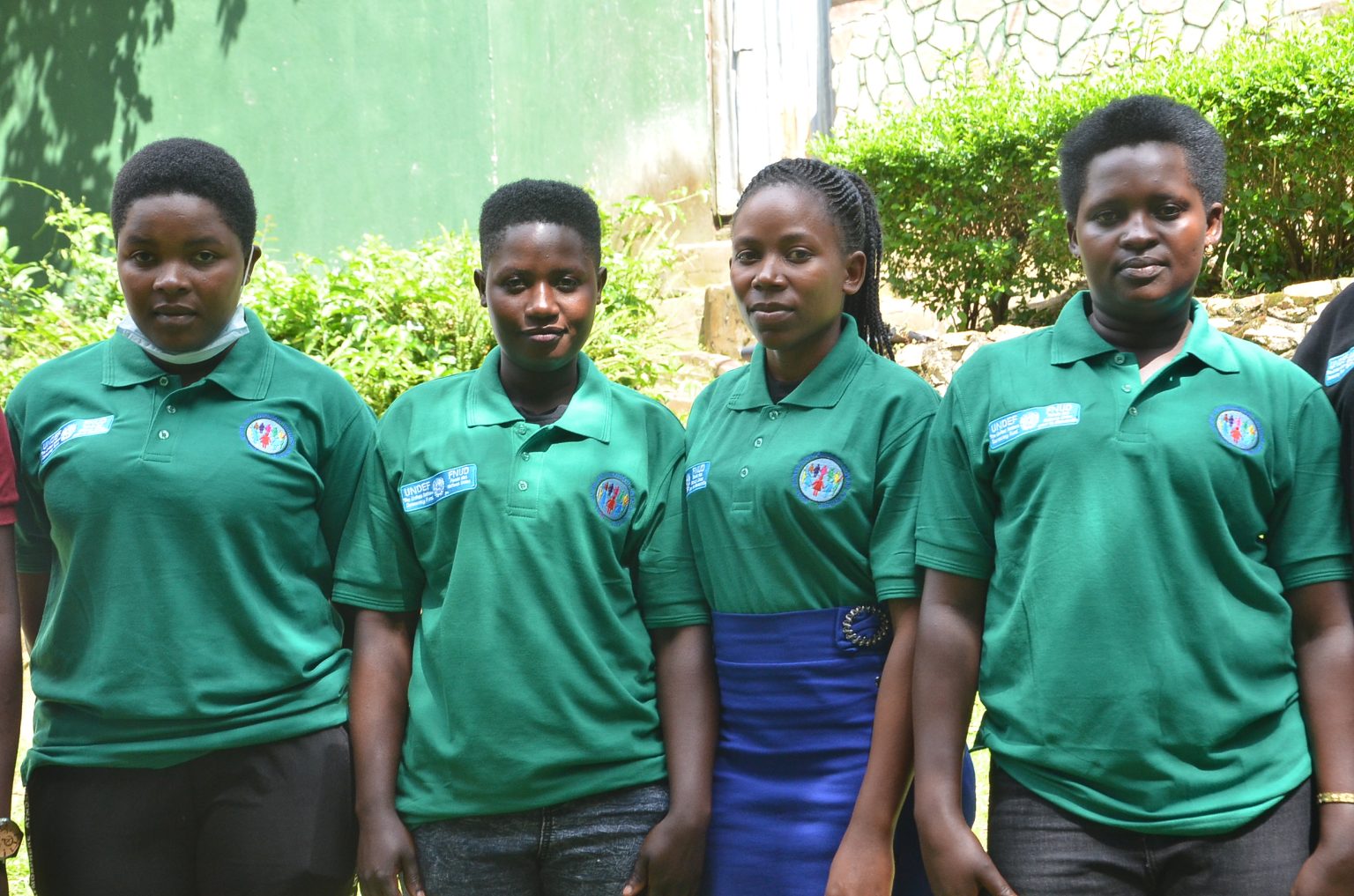
Women’s Health and Gender Based Violence
Uganda has a high prevalence of infectious diseases such as malaria, HIV/AIDS, and tuberculosis, which puts a strain on the healthcare system. Women’s reproductive health is threatened by limited access to effective contraception, untimely diagnosis and treatment of sexually transmitted diseases.
Gender-based violence (GBV) is an everyday threat for Ugandan women and girls. National demographic data from 2020 reveal that 56% of married women aged 15-49 reported having suffered physical and/or sexual violence by a husband (Uganda Bureau of Statistics, 2021). It is estimated that 51% of women in Uganda will experience violence in their lifetime, suggesting that violence against women is rampant in the country.
This statistic is well above the average in Africa and worldwide. RUWONET design projects that aiming at fighting gender-based violence against women and girls, including advocacy.
Women Economic Empowerment and Sustainable Farming
RUWONET is dedicated to making farming economically viable for women smallholder farmers in Uganda. Our approach involves engaging farmers and the younger generation in agriculture. We aim to make farming both economically viable and attractive by introducing solar powered irrigation systems and digital farming technologies. This includes sharing techniques for low-cost inputs and natural farming, as well as implementing solar-powered irrigation systems and adding value to agricultural products.
We focus on climate-smart crop production and sustainable soil and land management practices. For each crop system, we explore numerous adaptation and mitigation strategies to address climate change. These strategies are designed to improve crop yields and reduce the negative environmental impacts of agricultural production.We offer technology-driven opportunities to farmers, particularly those at the “bottom of the pyramid.”
Since our inception, RUWONET has been actively involved in skills development projects, with a special focus on young mothers and refugees. Our goal is to empower these groups through sustainable agricultural practices and the use of innovative technologies.
Environment and Climate Change
The Government of Uganda has demonstrated a commitment to conserving natural resources, species, and habitats, designating approximately 20% of the country’s land area as protected. Despite this commitment, a lack of financial resources has hindered effective forest protection efforts. Since 1990, Uganda is estimated to have lost 64% of its natural forests. This extensive deforestation has primarily been driven by smallholder farmers and, more recently, by the expansion of large-scale sugar commercial plantations. Local farmers often convert forested land into permanent, low-yield agricultural lands, which leads to a continuous cycle of encroachment into pristine areas. As a result, almost complete deforestation has occurred in lands not managed by the government, placing increasing pressure on areas managed by the National Forestry Authority (NFA) and the Uganda Wildlife Authority (UWA).
In response to this challenge, the Rural Women Empowerment Network (RUWONET) is working to ensure that women are actively engaged in environmental protection. RUWONET emphasizes the importance of enhancing the participation of women and youth and improving access to information. These efforts are crucial for the adoption and sustained implementation of agroforestry innovations. Such innovations contribute to improved food security and livelihoods, reduce climate-related risks, and help in restoring land productivity. RUWONET’s initiatives aim to empower women and youth to play a pivotal role in environmental conservation and sustainable land use.
Women Leadership and Political Participation
The leadership and political system in Uganda have long been male-dominated, influenced by socio-cultural perceptions that hinder women’s active participation in public life. Cultural stereotypes, political violence, gender discrimination, and the prevailing patriarchal society contribute to this imbalance. Despite women constituting 51% of Uganda’s population, they remain underrepresented in decision-making due to gender-biased traditions and a weak policy framework, falling short of the international target of at least 30% women in leadership roles.
In response, RUWONET, in collaboration with partners, is actively implementing projects to advance women’s leadership and political participation at all levels. These initiatives aim to dismantle barriers hindering women from prominent roles in governance, fostering a more inclusive and equitable political landscape in Uganda. By addressing systemic biases, these projects contribute to empowering women and shaping a society where diverse voices influence the nation’s trajectory, promoting a more just and inclusive political future in Uganda.
Natural Resource and Governance
Women in Uganda assume a pivotal role in the country’s development, notably in sectors like agriculture and natural resource management. Often serving as the primary caretakers of the land, women are entrusted with tasks such as planting and harvesting crops, as well as overseeing natural resources like forests, water sources, and wildlife. Their contributions extend to climate change mitigation, with women often bearing a higher vulnerability to its impacts, including droughts, floods, and food insecurity.
Uganda boasts a rich history of community-based natural resource management, wherein local communities take charge of sustainable resource utilization. In these efforts, women emerge as crucial contributors, particularly in areas such as forestry, fisheries, and water management. Recognizing the importance of women’s roles in these domains, RUWONET actively advocates for increased women participation in natural resource governance. The organization conducts training sessions to empower women with knowledge about land rights and provides free legal services to ensure that women have access to justice in matters related to natural resource management. Through these initiatives, RUWONET aims to strengthen the position of women in the sustainable management of natural resources, fostering a more inclusive and equitable approach to development in Uganda.
Our Partners
